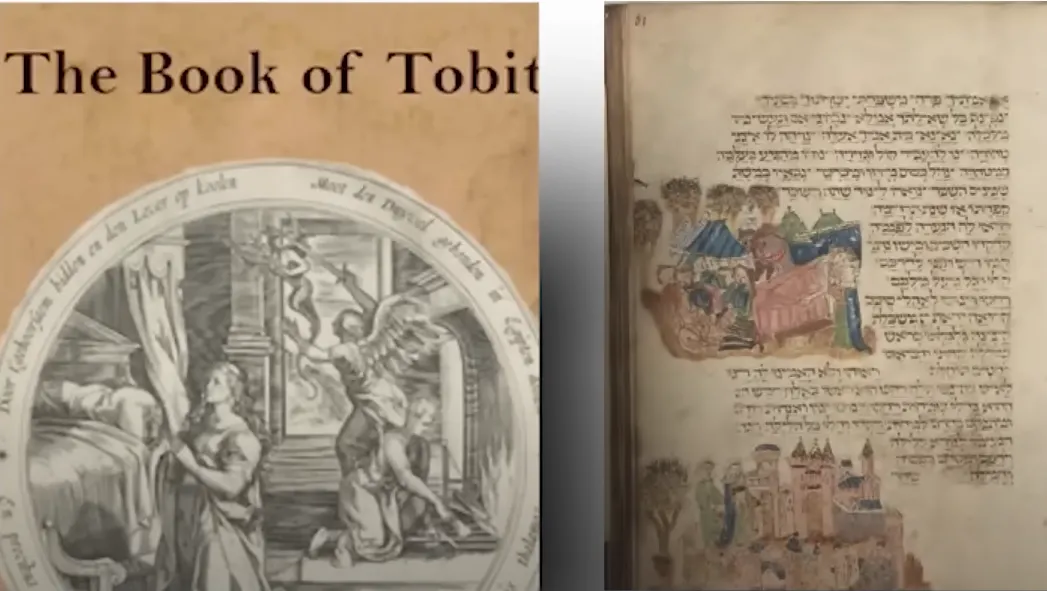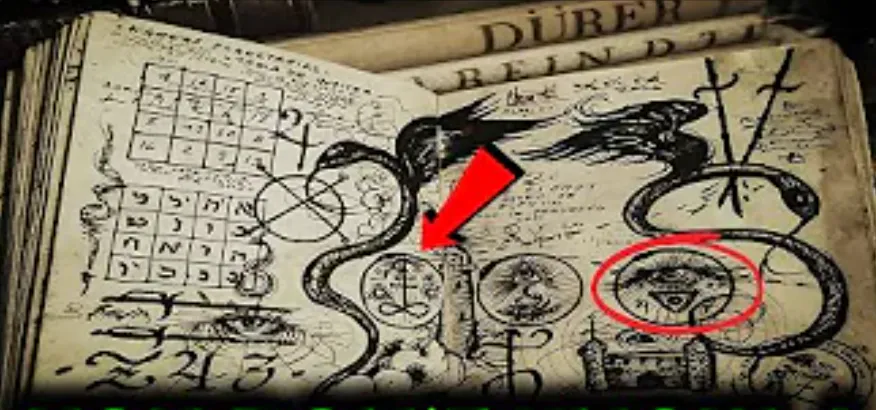In the vast history of Christianity, the Bible has been the cornerstone of faith, guiding believers with its sacred teachings.
However, few are aware that there are ancient texts—often referred to as the Apocrypha—that were once considered part of the biblical narrative but were later excluded from most versions of the Bible.

These “hidden” books, written between 400 and 200 BCE, offer unique insights into the early Jewish and Christian traditions, challenging our understanding of scripture and deepening our connection to the divine.
These ancient writings, though not included in most Protestant Bibles, are still considered significant in Catholic and Eastern Orthodox traditions.
The Apocrypha includes texts like the Book of Tobit, where a blind man miraculously regains his sight, and the Book of Judith, which tells the tale of a brave Jewish widow who saves her city from destruction.

Each of these stories, while not part of the official canon, carries profound lessons about faith, courage, and God’s enduring presence in our lives.
One of the most intriguing aspects of these texts is how they reflect the cultural and spiritual struggles of their time.
Written during a period when Jewish culture was heavily influenced by Greek language and customs, these books often grapple with questions of identity, faith, and divine justice.
For instance, the Wisdom of Solomon emphasizes the importance of wisdom in our relationship with God, echoing themes that resonate deeply in the New Testament.
Early Christians were well aware of these texts, and many Church Fathers quoted them extensively. This suggests that the Apocrypha played a significant role in shaping early Christian thought.
The references to these books in the New Testament, such as the imagery found in the Book of Wisdom or the martyrdom stories in 2 Maccabees, indicate that these writings were part of the spiritual landscape of the time.

Yet, despite their historical and spiritual value, these books were eventually set aside by many Christian traditions.
The reasons for this are varied. Some believe it was because the books were written in Greek rather than Hebrew, making them less “authentic” in the eyes of Jewish scholars. Others point to doctrinal differences that made their inclusion in the Bible a matter of debate.
Today, while these texts are not considered part of the inspired scripture by many, they still offer valuable lessons for those who seek to deepen their understanding of God’s word.
The Catholic Church, for instance, includes these books in a separate section of the Bible, recognizing their worth for study and reflection.
As we reflect on the rich tapestry of our faith, it’s important to remember that the Bible, in its current form, is the result of centuries of preservation and discernment.
Christians believe that God, in His wisdom, has guided this process, ensuring that the scriptures we hold today are sufficient for our faith and practice. The 66 books of the Protestant Bible are seen as divinely inspired, providing the complete revelation of God’s will for humanity.

But the stories within the Apocrypha remind us that faith is not just about what is written, but also about the journey of discovery, the questions we ask, and the ways we seek to understand the divine.
They invite us to explore the depths of our beliefs, to engage with the history of our faith, and to trust in God’s guidance as we navigate the complexities of life.
In the end, whether or not these hidden books are part of your Bible, they serve as a reminder of the vastness of God’s plan and the enduring nature of His word.
As we continue our spiritual journey, let us hold fast to the scriptures, confident that they contain all we need to grow in faith, love, and understanding.
May these reflections inspire you to delve deeper into the rich history of our faith and to find new ways to connect with the timeless wisdom of God’s word.
https://youtu.be/qSj2acX1lJs?si=nsDr_XGORptW7hB-
Johnny specializes in content related to Jesus, the Bible, and religious topics. With a profound understanding of spirituality, Johnny’s articles are both insightful and inspiring, guiding readers through the complexities of faith.




